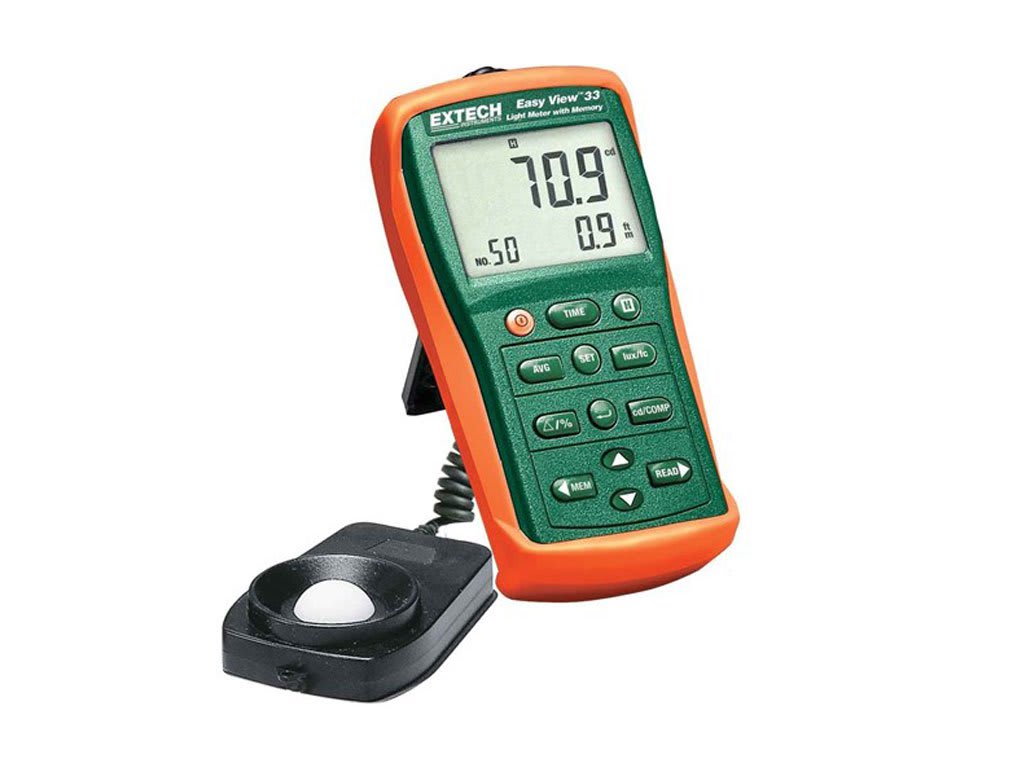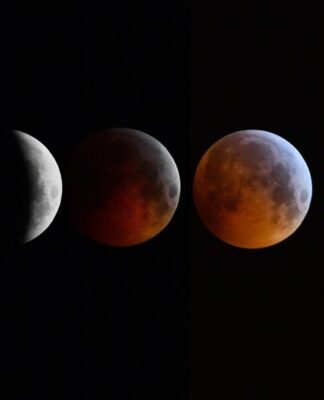A Lux Meter is the name of a device that depicts an area’s illuminance, which is the measure of an area’s luminous flux per unit. The most intensive use of Lux Meters come in the videography and photography fields, with photographers frequently shooting in environments that may not have the most ideal lighting. A Lux Meter can help them to make easy measurements of the amount of light and tweak toggled by the Lux Meter in order to get better shooting conditions.
However the sheer number of Lux Meters that are available can be a problem in and of itself, so how do you choose the right Lux Meter for your company?
Important factors to consider when purchasing a Lux Meter
There are a number of factors that are vital in the selection of the right Lux Meter for your company.
1 How portable is the Lux Meter?
It is not easy to be a moviemaker, photographer or photojournalist. These people need always be at the ready and able to move from place to place in order to carry out a wide array of different tasks such as shooting on moving vehicles under differing lighting conditions, capturing facial expressions, shooting in the rain or underwater and capturing a body in motion.
It is therefore vital to choose a Lux Meter that is lightweight and easily portable in order to easily and comfortably accomplish such tasks. Bulky Lux Meters will be anything but comfortable and may even prevent tasks from being fulfilled.
2 How much does the Lux Meter cost?
The price of a Lux Meter is also a crucial considering when deciding which particular device to purchase. Work out the features that are necessary for a Lux Meter to have and for what purpose the purchase is being made, as most simple photography requirements are likely to be able to be provided by even the cheapest Lux Meters.
However it is important to keep in mind that cheap Lux Meters may not provide the level of accuracy in regards to their measurements and will certainly have fewer features than their more expensive competitors.
3 What features does the Lux Meter have?
Lux Meters can have a number of different capabilities including:
- an auto-off feature that will automatically turn the device off after it has been left unused for long periods,
- a backlighting feature that allows the user to record readings even in settings with very low lighting,
- filters that block stray and unwanted wavelengths that can distort readings, an outdoor setting, a memory function to store readings,
- a USB to connect the Lux Meter to a computer system, and
- an over-range indicators that warns the operator in the event that the current scale is inadequate.
Extra features mean extra costs, so choose your Lux Meter based on both your needs and your available budget.
It is also important to keep in mind the resolution, accuracy and cosine correction of the device as well as the temperature you will be using the device in.
The right Lux Meter is a valuable asset to many companies in these industries.

















